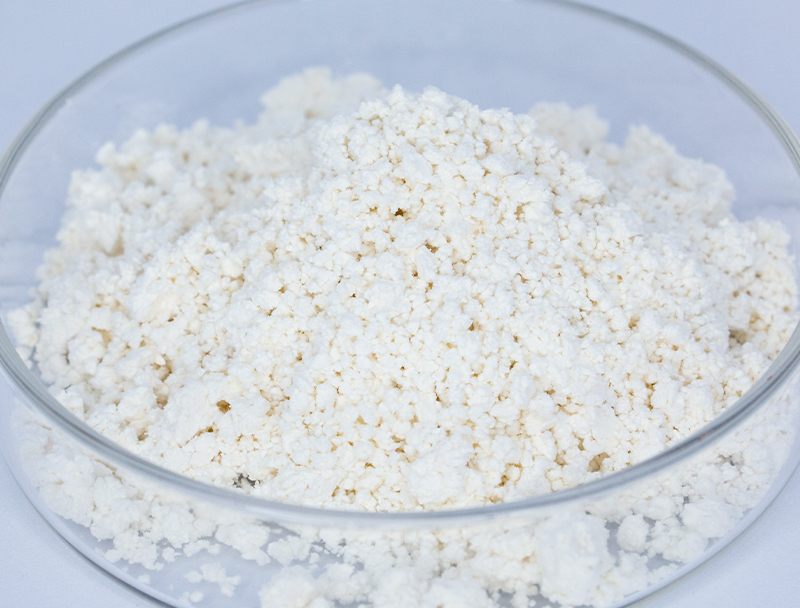
Biotech manufacturing draws predominantly from a broad palette of input materials for generating cutting-edge biobased goods.
Safeguarding durable supply chain sourcing is indispensable to sustainable success and conscientious scaling.
diverse obstacles inherent in legacy sourcing approaches for example habitat harm and overextraction of resources. Thus, organizations must explore circular sourcing options to lessen environmental harm.
- Situations demonstrating ethical sourcing encompass:
- Using repurposed agricultural residues as substrates
- Applying zero-waste frameworks to limit waste and optimize resource use
- Forging alliances with neighborhood suppliers supporting green sourcing
Moving toward responsible sourcing creates ecological improvements and economic resilience.
Improving Biomass Inputs to Boost Biofuel Yields
Boosting conversion rates requires high-quality and well-characterized biomass. Researchers repeatedly investigate innovative methods to enhance feedstock potential, resulting in superior production volumes and sustainable energy gains. Programs combine genetic improvement for biomass productivity with conversion technologies to access fermentable substrates.
- Moreover, investigations target novel feedstocks like microalgae, municipal residues, and field residues to widen the pool of renewable biomass for biofuel use.
- Through these continuous efforts, the field of biofuel production is poised to make significant progress in the coming years, paving the way for a more renewable energy landscape.

Biopharmaceutical Production: Innovations in Upstream Processes
includes primary operations from inoculation through cell collection Recent progress has advanced techniques that maximize productivity and increase output.
Meaningful breakthroughs include engineered cell strains, enhanced culture formulations, and modular reactor designs. These changes expand productivity and help reduce both financial and environmental overhead.
- Moreover, continuous manufacturing adoption is enabling dynamic control and greater adaptability in upstream workflows.
- This shift towards more sophisticated biopharmaceutical manufacturing methods promises to revolutionize the industry and pave the way for faster development of novel therapeutics.
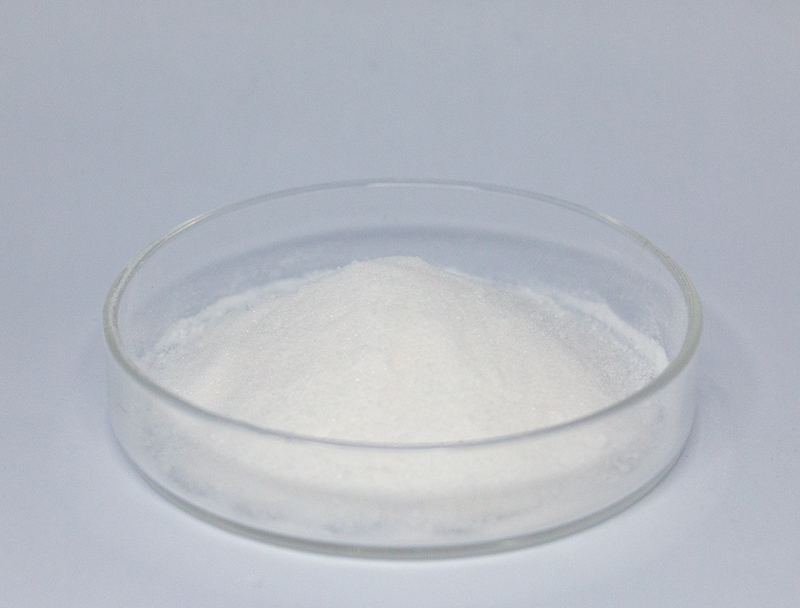
Molecular Editing Strategies to Increase Bioproduct Output
refinements in gene-targeting technologies have advanced protein production workflows. By accurate genomic tuning, developers enhance yields of critical biopharmaceuticals. The technique provides opportunities to manufacture economical, high-yield therapeutics for varied indications.
Microbial Biotechnology as a Sustainable Cleanup Strategy
innovative solutions for sustainable bioremediation, a critical process for addressing environmental pollution. Specialized microbes can enzymatically degrade pollutants to reduced-toxicity products.. Employing microbial processes facilitates remediation approaches that preserve ecosystem integrity while reducing pollution.. Study groups probe microbial metabolic diversity to tackle metals, persistent pesticides, and hydrocarbon spills.. These microorganisms can be employed in bioreactors or directly at contaminated sites, promoting the breakdown of pollutants through biodegradation processes..
Using microbes for cleanup carries distinct advantages compared with chemical or physical remediation approaches. This method provides a low-cost, low-waste alternative to conventional remediation. In addition, microbial trans-Cinnamic acid approaches enable pollutant-specific treatment without broad ecological disruption. Ongoing innovation aims to boost the throughput and efficacy of microbe-driven remediation approaches.
The Role of Bioinformatics in Drug Discovery and Development
Computational tools have grown indispensable in the current drug discovery landscape. From target discovery through candidate optimization, bioinformatics facilitates streamlined, hypothesis-guided workflows.
- Via examination of genomic, proteomic, and clinical datasets, researchers pinpoint targets and project drug activity.
- Moreover, bioinformatics contributes to drug design by simulating the interactions between drugs and their targets, ultimately leading to the development of more effective drugs.
- Finally, data-driven informatics is changing drug development and hastening patient access to effective therapies.
Metabolic Engineering Strategies for Enhanced Bioproduct Synthesis
employs a variety of strategies to augment the synthesis of valuable bioproducts within microorganisms. These strategies can involve genetic modifications to optimize metabolic pathways, regulation of gene expression, and the introduction of novel genes to confer new capabilities.. Via targeted metabolic optimization researchers can meaningfully escalate production of desired biochemicals.
Such holistic engineering could impact many areas including medical therapeutics, agricultural outputs, and biofuel production.
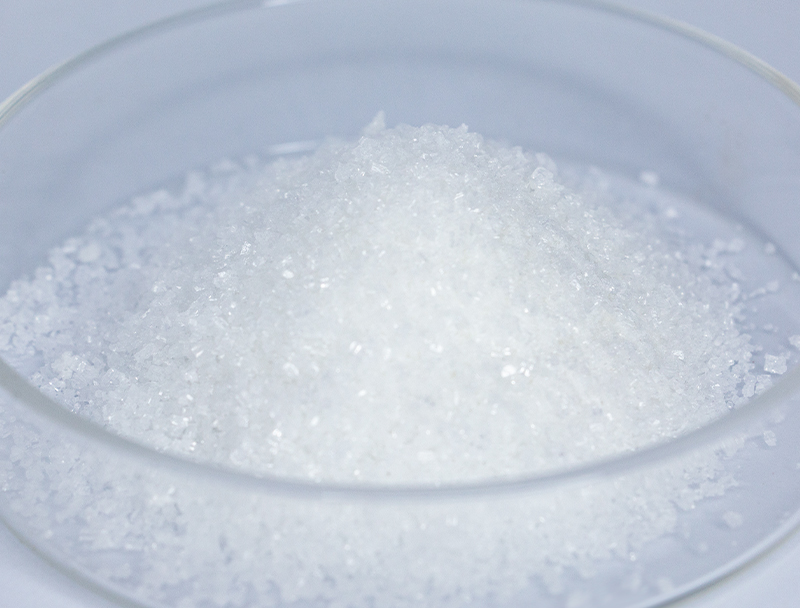
Scaling Biopharma Production: Hurdles and Advantages
Expanding production volumes poses difficult barriers yet offers substantial opportunities. A primary obstacle is ensuring uniform quality control as volumes rise. Addressing it demands strong process governance, accurate real-time analytics, and advanced measurement systems.
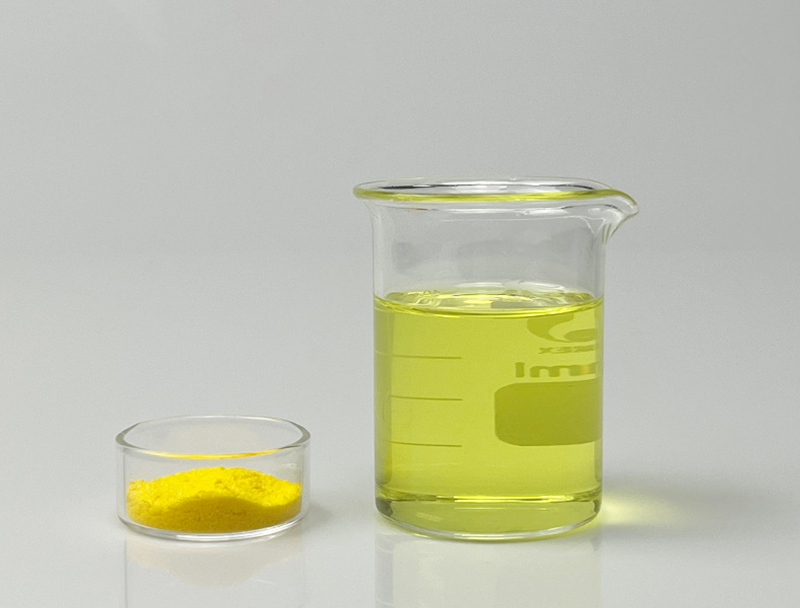
The multi-faceted nature of production steps adds complexity to scaling efforts. Reengineering workflows for mass production involves rigorous R&D and inventive technology deployment.. Even so, the payoff can be large. Proper scaling can increase therapy supply, reduce expenses, and elevate profitability.
Various efforts target the core issues of industrialization. Initiatives involve optimization platforms, high-resolution analytics for process control, and novel manufacturing frameworks.
- Ongoing innovation drives improvements in industrial production capability.
- Oversight institutions are updating guidelines to ease approval of manufacturing advances and catalyze innovation.
Mapping the Compliance Environment for Safe Therapeutic Development
Developing biologic treatments requires exacting oversight to ensure consistent safety and efficacy. Biologically based treatments require tailored oversight and production controls beyond those for typical medicines.
Agencies such as the FDA in the United States and the EMA in Europe play a crucial role in establishing guidelines and standards for the approval of these innovative therapies..
Robust assay and safety testing are obligatory from discovery through post-marketing surveillance.. Those requirements help reveal risks and confirm that biologics satisfy stringent safety criteria..
In addition, regulatory entities adapt their frameworks to stay current with rapid research and technological developments.. Efforts comprise integrating cutting-edge tools and easing development pathways while upholding patient safety.
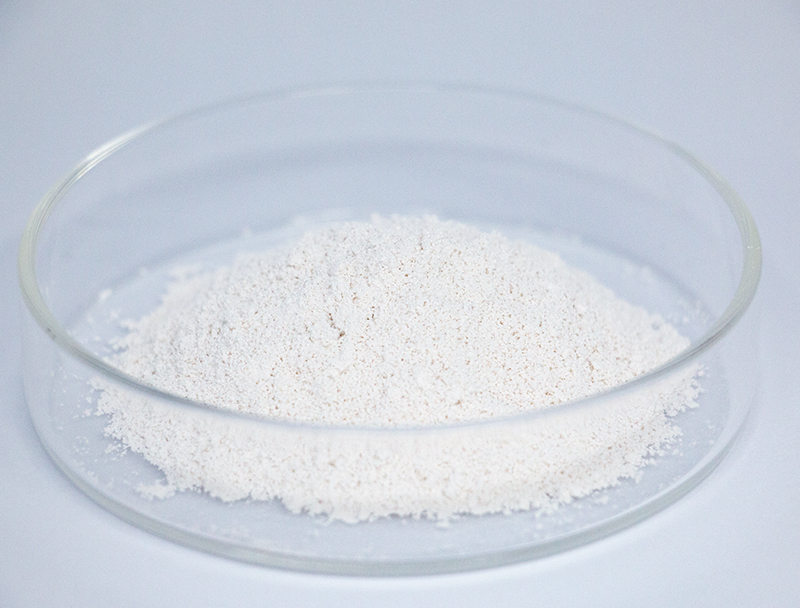
Plant-Based Biomass Options for Bioplastic Manufacturing
Increasing interest in sustainable materials spurs innovation in renewable resource development. Using plant feedstocks to make bioplastics gives a promising direction for sustainable material development. Plant-based biomass resources such as cornstarch, cellulose, sugarcane can be processed into biodegradable plastics that degrade naturally, minimizing the environmental impact of conventional plastics.
Concurrently, several bioplastic formulations approximate conventional plastic traits and serve wide-ranging applications. Continuous R&D will drive plant biomass into scalable bioplastic manufacture and help establish closed-loop material systems.
Emerging Biotech Solutions for Health and Food Security
Biotechnology offers potent solutions for advancing public health and enhancing food security. Through CRISPR, synthetic circuit design, and cell therapy progress, developers generate methods to counter infectious agents, optimize crops, and elevate nutritional profiles.. Illustratively, crops altered for pest resistance and stress endurance support increased harvests and diminished pesticide usage.. In addition, the field produces vaccines, treatments, and diagnostic tools that are central to fighting infections and improving health worldwide.. Continued scientific progress suggests biotechnology will increasingly underpin healthier, more sustainable societies worldwide.
 N-Acetylneuraminic acid
N-Acetylneuraminic acid